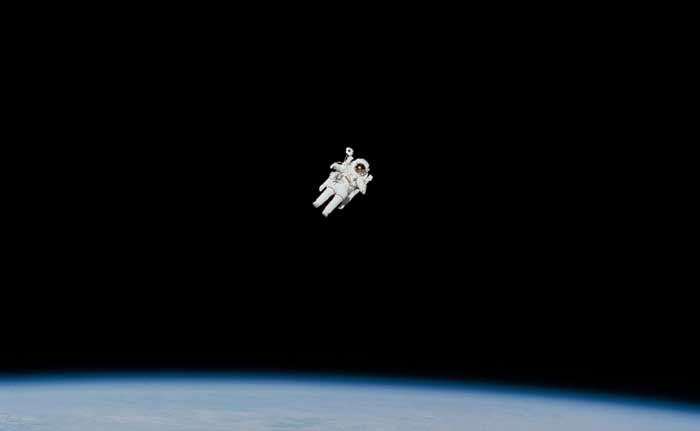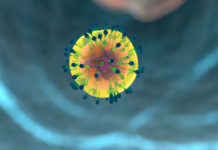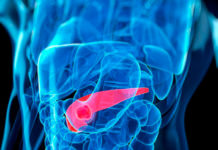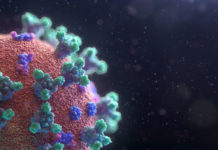The development of cancer treatment methods is a priority for modern medical science. From time to time, there appears information about the sensational effectiveness of original methods of curing cancer, many of which do not pass further clinical trials. If a workable treatment technique is created, a message from Australia will be able to revolutionize the methods of treating cancer patients.
While studying the effects of weightlessness on cancer cells, a group of researchers at the Sydney Institute of Technology came to an amazing conclusion: after 24 hours in low gravity, about 90% of these cells die.
The decrease in gravity affects the functioning of a living cell and intercellular interaction. Scientists made such a conclusion a long time ago and associated this phenomenon with the effect of mechanical unloading, which causes a decrease in the access of information to the cell relative to its environment. Such an effect leads, in particular, to the astronauts losing part of their bone tissue. However, previous studies were aimed only at the effects of weightlessness on healthy cells.
Scientists from Sydney used a special gravitational stimulator, in which the cancer cells of the ovary, lungs, nose and breast were placed. After a day, from 80 to 90% of these cells died. Further study of the effect of weightlessness on malignant tumors will be conducted on the International Space Station.
The idea of Australian scientists is not to create a hospital in the orbit. Doctors are seeking to identify receptors and study the mechanism of intercellular communication, the effect on which can lead to the death of malignant cells. This will help create medications that can mimic this effect on the cell and help the body get rid of a fatal ailment.







